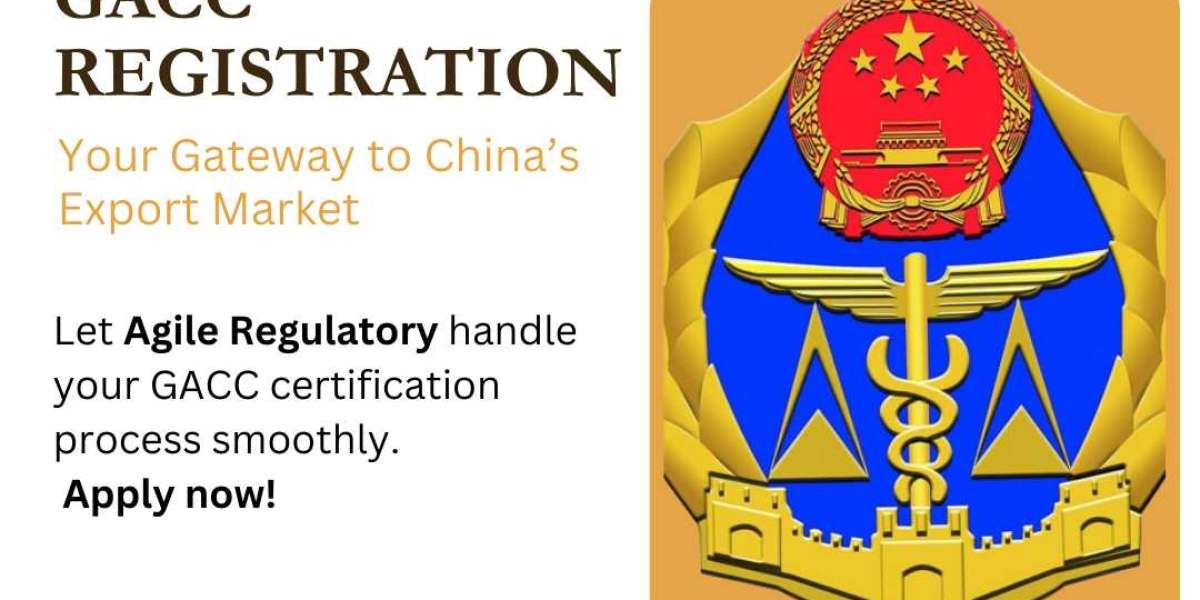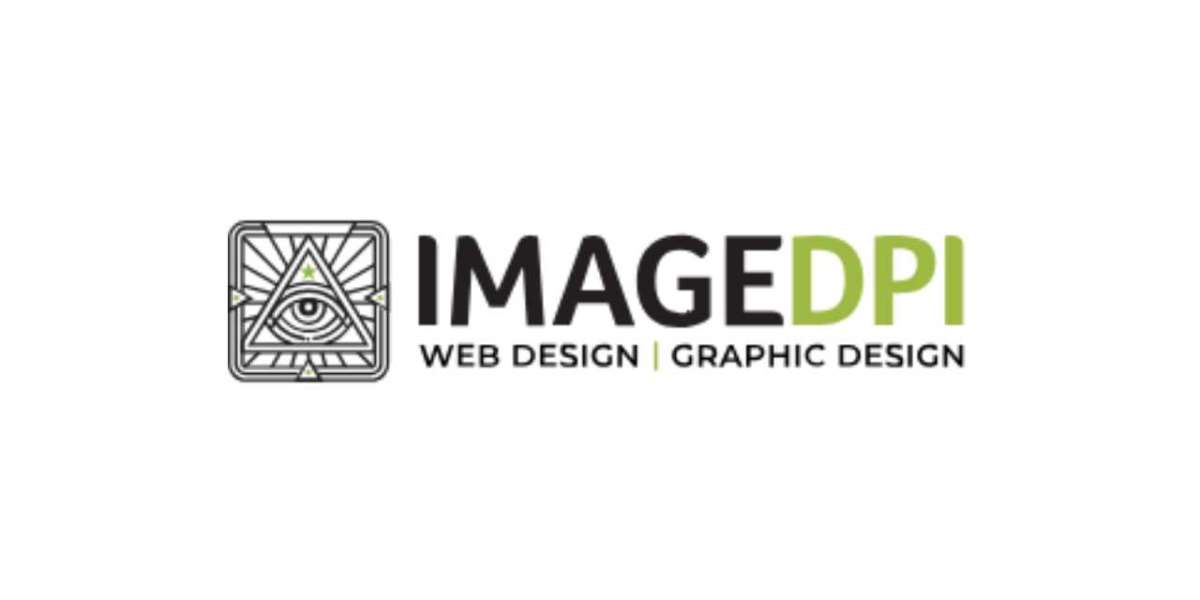The Competitive Edge of Compliance
Unlike many other markets, China’s food import regulations are deeply comprehensive. The General Administration of Customs of China (GACC) governs all imported food and beverage products, ensuring they meet national safety and labeling standards. Without a valid GACC Registration, no foreign manufacturer can legally export food products to China.
For global brands, this registration isn’t merely bureaucratic — it’s strategic. Compliance signifies trust, transparency, and quality. Chinese retailers and distributors prefer brands that meet these standards because it minimizes legal risks and aligns with consumer expectations for safe, high-quality imports.
Understanding GACC Registration
The GACC (General Administration of Customs of China) requires all foreign food manufacturers, processors, and storage facilities to register before exporting. The registration process involves detailed documentation of production facilities, product categories, labeling specifications, and safety certifications.
Products are divided into high-risk (such as dairy, meat, aquatic products, and infant formula) and low-risk categories (such as grains, beverages, and processed foods). High-risk items undergo stricter scrutiny, often requiring audits and approval from the Chinese authorities.
Missing or inaccurate registration details can lead to shipment delays, rejection at ports, or even permanent import bans — a risk that no serious global brand can afford.
The Role of Packaging and Labeling
Even after registration, proper labeling is crucial. All products must comply with China’s National Food Safety Standards (GB standards), which mandate information such as ingredients, allergens, production date, shelf life, and the name and address of the importer — all presented in simplified Chinese.
This level of detail reassures consumers and regulatory authorities alike that the product meets domestic safety norms. For foreign brands, localized labeling can also be an effective marketing tool, demonstrating respect and understanding of the Chinese market.
Why GACC Compliance is a Game-Changer
Securing GACC registration and complying with Chinese labeling laws do more than just open doors — they build credibility. Retailers such as Alibaba’s Freshippo, JD.com, and major supermarket chains prefer working with compliant brands because it simplifies import logistics and enhances consumer trust.
Furthermore, China’s middle-class consumers are becoming more discerning. They are willing to pay a premium for products that carry visible proof of authenticity and safety — which compliance certificates offer.
Partnering with Experts for Seamless Entry
Navigating China’s regulatory landscape can be complex. This is where professional compliance partners like Agile Regulatory play a pivotal role. Agile Regulatory assists global food exporters with GACC registration, product compliance, and documentation support, ensuring that every aspect of the process aligns with Chinese import laws.
From understanding product categories to managing audits and renewals, Agile Regulatory simplifies the entire journey — allowing businesses to focus on market expansion rather than paperwork.
Conclusion
For any global food brand, GACC registration is not optional — it’s the key to entry. Without it, the dream of gaining shelf space in China remains out of reach. In a market where trust, safety, and authenticity drive consumer behavior, compliance is not just a legal requirement — it’s a brand’s most powerful competitive advantage.







